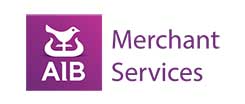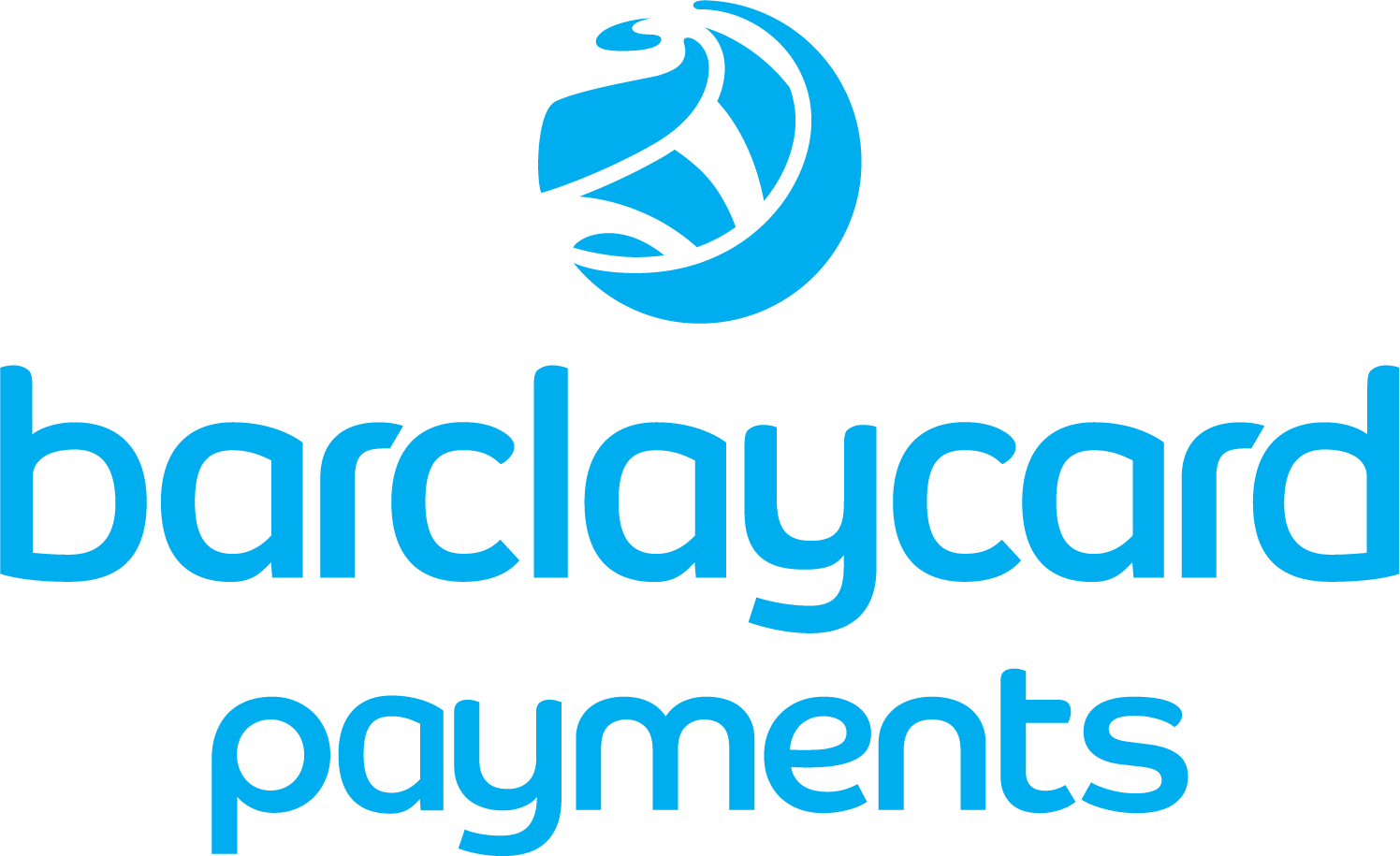Compare Card Payment providers the Easy way
- Direct access to the best rates from the UK leading providers
- One enquiry – all the information you need
- Avoid Lead Generation websites
- We don’t sell your data to anyone
- Rates from 0.26%
- Minimise your card payment processing fees





We're rated Excellent on
The Best E Commerce Credit Card Processing Solutions for Your Business
In today’s digital-first economy, accepting online payments is essential for any eCommerce business. Accepting card payments, both online and in physical stores, is a key part of providing secure and trustworthy payment options for your customers. Payment processing solutions make it easier for businesses to sell online and efficiently manage their own online store, ensuring seamless transactions and customer satisfaction. Whether you run a small online store or a large enterprise, choosing the right e-commerce credit card processing solution can significantly impact your conversion rates, customer satisfaction, and overall business growth.
This guide explores the best payment solutions available for your ecommerce store, compares payment gateway providers, and helps you select the most suitable online payment processor for your needs. We’ll also cover transaction fees, secure online payments, alternative payment methods, and how to start accepting payments efficiently.
Why Your eCommerce Business Needs a Reliable Payment Processing Solution
Before diving into the best ecommerce payment processing solutions, it’s crucial to understand why a seamless payment system matters:
-
Improves Conversion Rates – A smooth checkout experience and optimized checkout flow reduce cart abandonment.
-
Supports Multiple Payment Methods – Offering various ways for customers to pay is important; supporting a wide range of payment methods (e.g., credit and debit cards, Apple Pay, Google Pay, bank transfers, etc.) increases flexibility and convenience.
-
Ensures Secure Transactions – Protects payment details and builds trust.
-
Facilitates International Payments – Allows businesses to accept local payment methods and local currencies.
-
Streamlines Recurring Payments – Essential for subscriptions and memberships.
Offering the most popular payment methods can further increase customer satisfaction and conversion rates.
Now, let’s explore the best payment service providers and payment gateway providers for your ecommerce site.
1. Payment Gateways vs. Payment Processors: What’s the Difference?
When setting up online payments, you’ll encounter two key terms: ecommerce payment processors, which are essential tools for handling online transactions, and payment gateways.
A payment processor is a service that works behind the scenes to process payments securely between customers and merchants. It ensures that funds are transferred safely, supports various payment methods, and often integrates with ecommerce platforms to streamline the transaction process.
Payment Gateway
A payment gateway is the technology that securely transmits card payments between your online store and the payment processor. It encrypts payment details to prevent fraud.
Popular payment gateway providers:
-
Stripe
-
PayPal (via PayPal account)
-
Worldpay
Payment Processor
A payment processor handles the transaction, communicating between banks to approve or decline payments. During this process, the payment processor contacts the customer’s bank to verify and authorize the transaction. The customer’s bank checks if there are sufficient funds in the account before approving the payment. Some providers act as both gateway and processor, simplifying ecommerce payment processing.
Leading payment processors include:
-
Adyen
-
Square
Many businesses use a combined solution (e.g., Stripe or PayPal) to accept payments online seamlessly.
2. Top eCommerce Credit Card Processing Solutions
A. Stripe
Best for: Businesses needing a flexible, developer-friendly online payment gateway.
Key Features:
-
Supports credit card payments, Apple Pay, Google Pay, and local payment methods.
-
Competitive transaction fees (1.4% + 20p for UK cards).
-
Recurring payments and subscription billing.
-
Hosted payment pages for secure checkouts.
-
Strong fraud prevention for secure transactions.
-
Ability to settle payments in the same currency as your customer paid, reducing conversion fees.
-
Powers Shopify Payments, making it easy for Shopify users to integrate payment processing.
Ideal for: Tech-savvy businesses and ecommerce platforms like Shopify and WooCommerce. Stripe is also the underlying processor for Shopify Payments, offering seamless integration for Shopify stores.
B. PayPal
Best for: Small businesses and startups looking for a trusted payment provider.
Key Features:
-
Instant setup with a PayPal account.
-
Supports PayPal, credit cards, and debit cards.
-
Payment links for easy invoicing.
-
Buyer and seller protection for secure online payments.
-
International transactions in multiple currencies.
Downside: Higher transaction fees (1.9% – 3.4% + fixed fee).
C. Adyen
Best for: Large enterprises handling international payments.
Key Features:
-
Unified payment platform for online, in-person, and mobile payments.
-
Supports 250+ payment methods, including Samsung Pay and direct debit.
-
Offers a wide range of digital payments solutions with cross-border and multi-currency support.
-
Dynamic currency conversion for local currencies.
-
Advanced fraud detection.
Ideal for: Global businesses needing a scalable payment solution and seamless integration with your ecommerce store for international transactions.
D. Square
Best for: Businesses wanting an all-in-one merchant services solution.
Key Features:
-
In-person payments via POS systems.
-
Online payment gateway with hosted payment pages.
-
Flat-rate transaction fees (1.75% per card-present transaction).
-
Payment form integration for websites.
Best for: Retailers with both online and physical stores.
E. Worldpay
Best for: High-volume businesses needing a robust payment processing system.
Key Features:
-
Supports credit and debit cards, bank transfers, and alternative payment methods.
-
Custom pricing for merchant accounts.
-
Secure transactions with tokenization.
Downside: Higher monthly fees, long-term contracts, and potential hidden fees—be sure to review the pricing structure carefully.
3. Key Factors When Choosing an eCommerce Payment Processor
A. Transaction Fees & Pricing Models
-
Interchange fee + markup (common with merchant accounts).
-
Flat-rate pricing (e.g., Stripe, PayPal).
-
Monthly fees (some providers charge a fixed fee—compare and beat potential price increases here).
Compare transaction costs based on your sales volume.
B. Accepted Payment Methods
Make sure your payment solution supports every payment method your customers prefer:
-
Credit and debit cards (Visa, Mastercard, Amex).
-
Digital wallets (Apple Pay, Google Pay).
-
Bank transfer (a manual payment method often used for high-value B2B transactions, where customers send funds directly from their online banking) & direct debit.
-
Buy Now, Pay Later (BNPL) options.
C. Security & Compliance
Look for:
-
PCI-DSS compliance.
-
Tokenization to store customer data securely.
-
3D Secure (3DS) authentication.
D. Integration with Your Ecommerce Platform
Most payment gateway providers integrate with:
-
Shopify
-
WooCommerce
-
Magento
-
BigCommerce
E. International Payment Support
If selling globally, choose a provider that:
-
Accepts international transactions.
-
Supports local payment methods (e.g., iDEAL, Alipay).
-
Converts local currencies automatically.
4. Alternative Payment Methods to Boost Conversions
Beyond credit card payments, consider:
-
Digital Wallets (Apple Pay, Google Pay, Samsung Pay).
-
Bank Transfers & Direct Debit (lower fees).
-
Buy Now, Pay Later (Klarna, Clearpay).
-
Cryptocurrency Payments (Bitcoin, Ethereum).
Offering popular payment methods improves checkout completion rates.
5. The Benefits of Hosted Payment Pages
Hosted payment pages are a powerful tool for online businesses looking to accept payments securely and efficiently. With a hosted payment page, your ecommerce platform can redirect customers to a trusted payment gateway where they can safely enter their payment details. This setup not only enhances security but also simplifies compliance with industry standards, as sensitive information is handled by the payment gateway provider.
One of the main advantages of hosted payment pages is their support for a wide range of payment methods. Whether your customers prefer credit and debit cards, Apple Pay, Google Pay, or alternative payment methods, hosted payment pages make it easy to offer flexible options at checkout. This flexibility can help boost conversion rates and customer satisfaction.
Additionally, hosted payment pages often come with built-in features such as recurring payments, payment links, and invoice payments. These tools make it simple to collect payments for subscriptions, services, or one-time purchases. By leveraging hosted payment pages, online businesses can streamline their payment processing and focus on growth, knowing that their payment pages are secure, reliable, and optimized for a seamless checkout experience.
6. Linking Your Bank Account to a Payment Processor
Connecting your bank account to a payment processor is a fundamental step in setting up an effective ecommerce payment processing solution. This process allows your ecommerce business to start accepting payments and ensures that funds from customer transactions are transferred directly to your bank account.
To get started, you’ll need to provide your payment processor with your bank account details, such as your account number and routing information. The payment processor will verify these details to ensure secure and accurate transfers. Once your bank account is linked, you can begin processing payments from a variety of payment methods, including credit cards, debit cards, and bank transfers.
Choosing a payment processor that supports local payment methods and currencies is essential for minimizing transaction fees and optimizing conversion rates. This is especially important for businesses serving international customers or those looking to offer local payment options. By linking your bank account to a reliable payment processor, you can streamline your payment processing, reduce administrative hassles, and start accepting payments quickly—helping your ecommerce business grow and thrive.
5. How to Start Accepting Payments Online
Step 1: Set Up a Merchant Account
-
Some payment processors (like Stripe) provide built-in merchant services.
-
Traditional providers (e.g., Worldpay) may require a separate merchant account. During settlement, funds from authorized transactions are deposited into the merchant’s account, which serves as the recipient of payment transfers in the e-commerce payment process.
Step 2: Choose a Payment Gateway
-
Integrate a payment gateway like Stripe or PayPal.
-
Use hosted payment pages for security.
Step 3: Enable Multiple Payment Options
-
Add credit/debit cards, digital wallets, and local payment methods.
Step 4: Test & Optimize Checkout
-
Ensure payment forms and the overall checkout flow are mobile-friendly for a seamless user experience.
-
Offer guest checkout to reduce friction.
6. Future Trends in eCommerce Payment Processing
-
More Digital Wallets (e.g., Samsung Pay, Google Pay expansion).
-
Faster Bank Transfers (Open Banking integrations).
-
AI-Powered Fraud Detection.
-
Cryptocurrency Payments gaining traction.
Final Thoughts: Choosing the Best Payment Solution
The right ecommerce payment processing solution depends on your business size, sales volume, and customer preferences. For most UK businesses, Stripe and PayPal offer a great balance of affordability and features. Larger enterprises may prefer Adyen or Worldpay for global scalability.
By selecting a payment provider that supports secure transactions, multiple payment methods, and low transaction fees, you can enhance customer experience and grow your ecommerce business efficiently.
Next Steps
-
Compare payment gateway providers based on your needs.
-
Test integrations with your online store.
-
Optimize checkout to maximize conversion rates.
Ready to start accepting payments? Explore the best payment service providers today!
